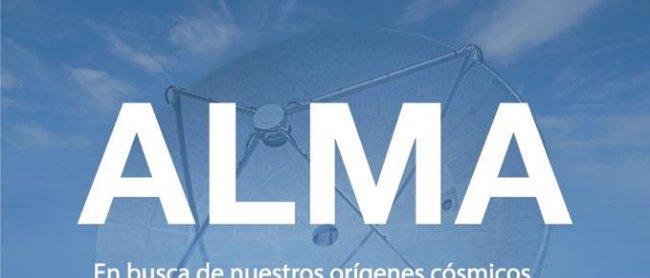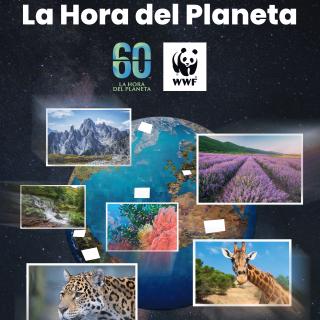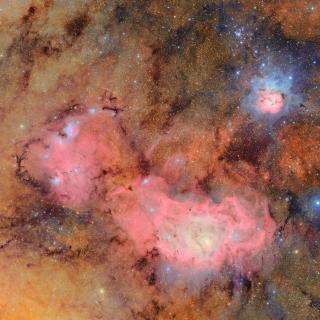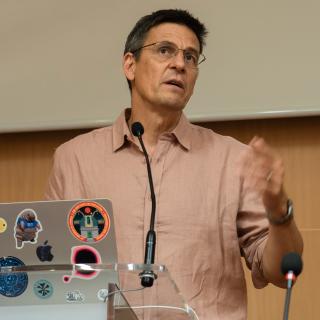ALMA is an interferometer comprising a set of 66 radiotelescopes, each of 12m diameter, which work together to form a giant telescope. It was built in a collaboration between scientific institutions in Europe, North America, East Asia, and Chile. “This great telescope “explains Evanthia Hatziminaoglou, who from 2003 worked as a postdoc for three and half years at the Instituto de Astrofísica de Canarias (IAC) and is currently a support astronomer at ALMA, “observes the electromagnetic radiation which reaches us from the most distant and coldest places in the universe. But the water vapour in our atmosphere would block these signals, so the observatory is sited at high altitude in order to observe them.
That is why ALMA is situated on the Chajnantor meseta in Chile, at more than 5,000m above sea level. The aim of this interferometer is to open a window on the unknown, and to explore the frontiers of astronomy to understand how the first stars, the first planets, and the first galaxies formed.
The data which are produced by observations with ALMA are very difficult to interpret, even for the experts. That is why, in Europe, a support structure has been organized for users of the telescope, around the Regional Centre for ALMA at ESO-Garching, where Evanthia works, and at 8 other institutions in the members states of the European Southern Observatory (ESO). The work is to ensure that the user services are of the highest possible quality so that the scientific community can do research at the highest level.
After six years of work, this telescope continues to give important results: it has been able to detect the birth of very distant galaxies, when the universe was only a few hundred million years old, it has identified two planets of the size of Saturn orbiting a star 400 light years away, and has found simple sugar molecules around other neighbouring stars. “None of these amazing discoveries would have been possible without ALMA, and undoubtedly there will be many more in the coming years says Evanthia.



